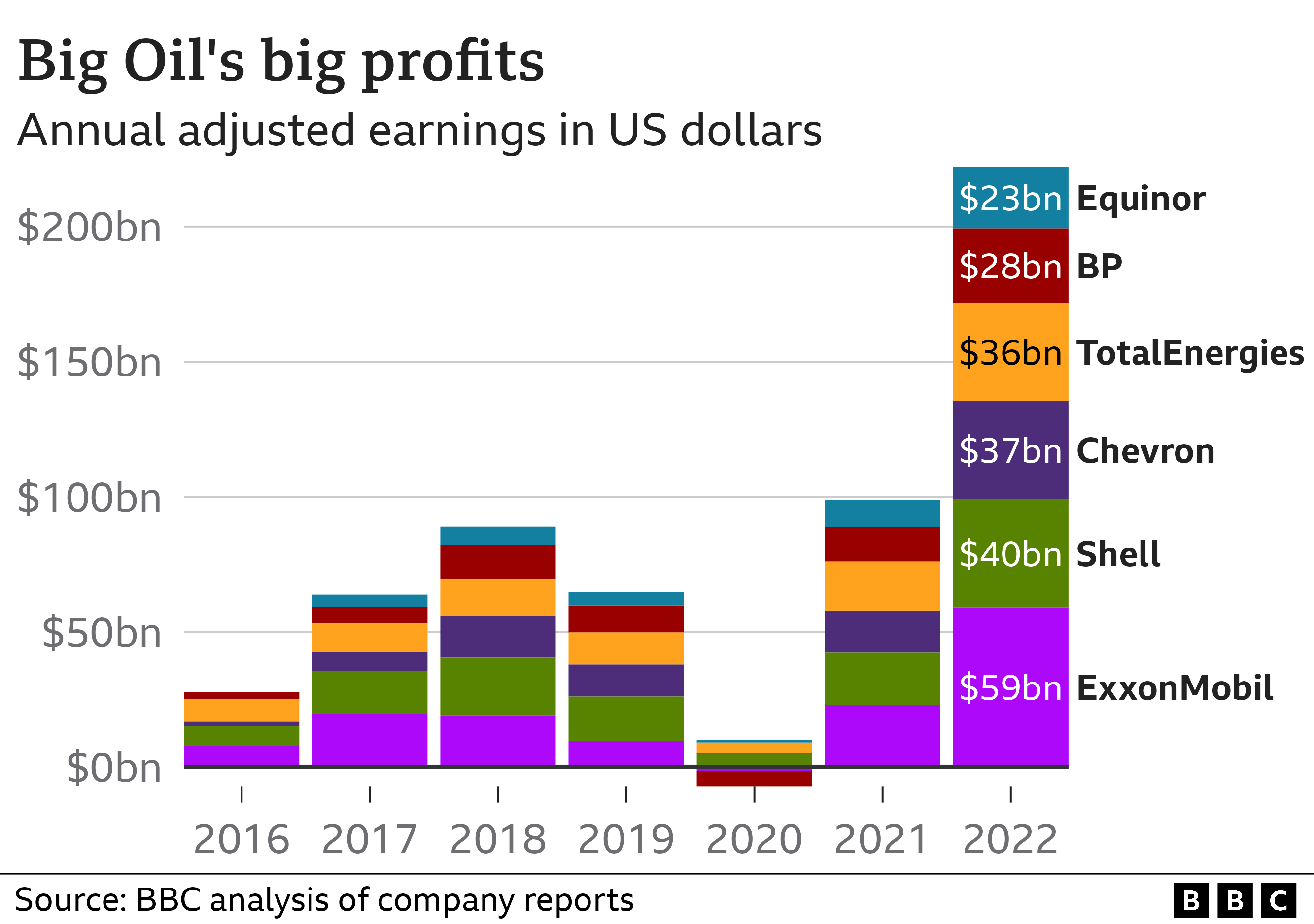
Oil Companies Expected a Big Business Boom Under Trump. Now They're Worried
October 27, 2024
When Donald Trump entered the White House, oil executives envisioned a golden age of deregulation and unbridled production. Promises of energy dominance, streamlined permitting, and a rollback of environmental regulations painted a rosy picture. However, as another election looms, the reality has proven far more complex, leaving many in the industry deeply concerned about the future, regardless of who wins. This article delves into the reasons behind the oil industry's anxieties, exploring the interplay of market forces, technological shifts, and evolving political landscapes.
The Unfulfilled Promise of "Energy Dominance"
Trump's "energy dominance" agenda aimed to unleash American oil and gas production, reducing reliance on foreign sources and boosting the economy. While production did increase during his term, factors beyond deregulation played a significant role. The shale revolution, driven by technological advancements in fracking, was already well underway. Furthermore, global market dynamics, including fluctuating demand and geopolitical events, proved to be powerful forces that even presidential policies couldn't fully control.

The industry's initial optimism stemmed from the expectation of fewer regulatory hurdles. However, the Trump administration's trade wars and inconsistent foreign policy created uncertainty that dampened investment. Moreover, the promised infrastructure boom, crucial for transporting increased oil and gas production, largely failed to materialize.
- Reduced regulatory burden on oil and gas exploration and drilling.
- Promotion of fossil fuel infrastructure projects, such as pipelines.
- Withdrawal from the Paris Agreement on climate change.
These actions, while welcomed by some segments of the industry, sparked significant public backlash and legal challenges, further complicating the business environment.
Market Volatility and the Rise of Renewables
Beyond political factors, the oil industry faces significant challenges from market volatility and the accelerating transition to renewable energy sources. The COVID-19 pandemic triggered a historic collapse in oil demand, exposing the industry's vulnerability to external shocks. While demand has since recovered, the long-term trend points towards a decline in fossil fuel consumption as governments and consumers increasingly embrace cleaner alternatives.

The rapid growth of solar, wind, and electric vehicles is disrupting the energy landscape, forcing oil companies to re-evaluate their long-term strategies. Many are now investing in renewable energy projects, but the transition is proving to be slow and costly. The industry faces the challenge of balancing short-term profits from fossil fuels with the need to adapt to a low-carbon future.
- Increased investment in renewable energy projects (solar, wind, etc.).
- Development of carbon capture and storage technologies.
- Diversification into other energy sectors, such as hydrogen.
However, these efforts are often viewed with skepticism by environmental groups, who argue that they are insufficient to address the climate crisis. The industry faces intense pressure to accelerate its transition and reduce its carbon footprint.
The Political Tightrope: Navigating a Divided Electorate
The oil industry finds itself navigating an increasingly polarized political landscape. While Republicans generally support policies that favor fossil fuel production, Democrats are pushing for stricter environmental regulations and a faster transition to renewable energy. This creates uncertainty for the industry, as policy priorities can shift dramatically depending on which party controls the White House and Congress.

Even within the Republican party, there is growing recognition of the need to address climate change. Younger voters, in particular, are increasingly concerned about environmental issues and are demanding action from their elected officials. This is forcing the oil industry to engage in a delicate balancing act, trying to appeal to both sides of the political spectrum.
- Lobbying efforts to influence energy policy.
- Public relations campaigns to improve the industry's image.
- Financial contributions to political candidates and parties.
However, these efforts are often met with criticism from both sides. Environmental groups accuse the industry of using its political influence to block meaningful climate action, while some Republicans argue that the industry is not doing enough to support domestic energy production.
The Future: Adaptation or Decline?
The oil industry's future hinges on its ability to adapt to a changing world. Companies that are willing to embrace renewable energy and invest in new technologies are more likely to thrive in the long run. Those that cling to the old ways risk becoming obsolete.

The next few years will be critical for the industry. The outcome of the upcoming election will undoubtedly have a significant impact, but ultimately, the industry's fate will be determined by its own choices. Will it continue to fight against the inevitable transition to renewable energy, or will it embrace the challenge and become a leader in the clean energy revolution?
The answer to that question will determine whether the oil industry experiences a continued period of worry or finds a path towards long-term sustainability.
- Investing in research and development of new energy technologies.
- Collaborating with governments and other stakeholders to develop sustainable energy policies.
- Communicating transparently with the public about the industry's efforts to address climate change.
Only through proactive adaptation and a commitment to sustainability can the oil industry secure its future in a world that is increasingly focused on clean energy.
Post a Comment